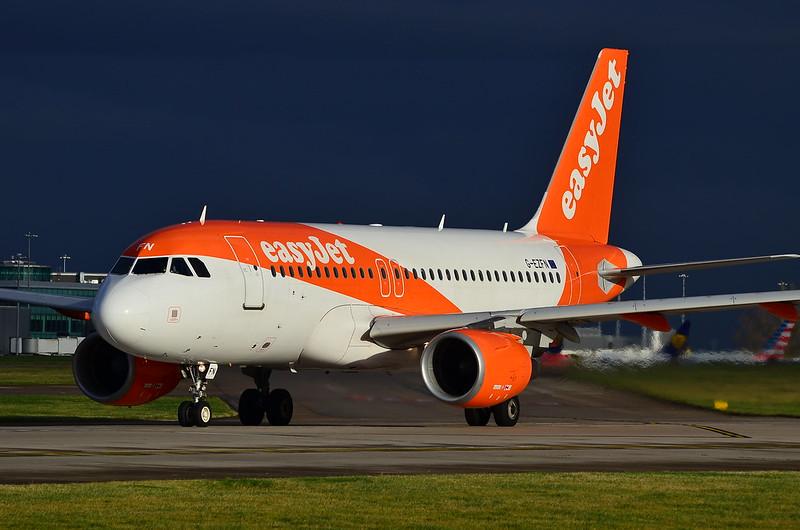
The shared need between heavy maintenance providers and their customers to survive the pandemic-driven downturn could foster more long-term agreements that give both sides the certainty they crave, industry executives say.
“This is the perfect opportunity for longer-term agreements to be reached,” easyJet director-engineering and maintenance Brendan McConnellogue said during an Aviation Week MRO TransAtlantic panel Oct. 27.
Once the pandemic’s duration became clear, easyJet took aggressive steps to ensure it would be ready once demand comes back. The UK LCC grounded its entire 318-aircraft Airbus A320-family fleet and accelerated as much work as feasible.
“We did as much planned maintenance as we possibly could, while balancing cash spending,” McConnellogue said. This included reaching out to its third-party MRO providers and scheduling airframes for earlier-than-needed heavy checks.
In some cases, McConnellogue said, easyJet’s work came just as other carriers were canceling their slots, providing some short-term relief. The move was deliberate, as the carrier recognizes the importance of having its supply chain as industry recovers.
“As we sit here today, we’re still focused on having 300-plus airplanes all serviceable and all flying for when the demand comes back,” McConnellogue said, adding that working with vendors now is setting the stage for broader cooperation. “We’re able to take a longer-term view as we come out of the pandemic.”
Cooperation will be key, especially early in the recovery, when capacity challenges are expected to be worst. MRO Holdings CEO Greg Colgan said his company has worked to keep its four heavy-check facilities as busy as possible, bolstered by some customers pulling maintenance forward. But between mid-March and early April, they lost about 80% of their planned 2020 work, forcing them to ramp down. The company ramped down to about 15 of its 60-70 possible heavy check lines operating, but has since increased to about 50. As the recovery’s momentum increases, MRO providers could struggle to keep up.
“There is a backlog [of deferred maintenance] that’s growing,” Colgan said. “Ramping up to 60 lines of maintenance when you’ve ramped it down to 15 creates a significant capacity challenge for the industry.”
Colgan said MRO Holdings is engaged with customers about how to manage the anticipated crunch in mutually beneficial ways.
“I think this is driving a lot more partnership conversations,” Colgan said. “Because maintenance has this long [lead time] where you can’t just turn it on, I really anticipate even better relationships that look at long-term value, instead of shorter-term engagements.”
McConnellogue said that operators are likely to consider incentives, such as discounts or certain service-level guarantees, in exchange for adjusting maintenance schedules to fit what providers can support.
“Everybody is just looking for certainty,” McConnellogue said. “If we can agree to high levels of certainty, that’s where we need to be.”
Editor's note: this story has been updated to correctly reflect MRO Holdings' current activity levels.
